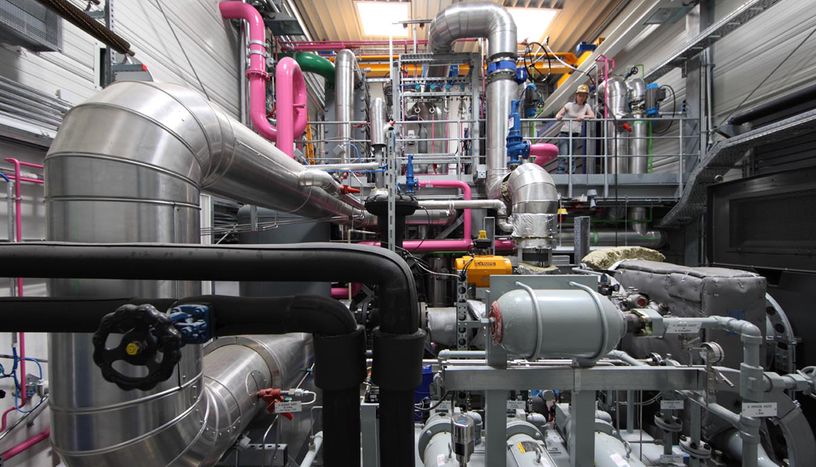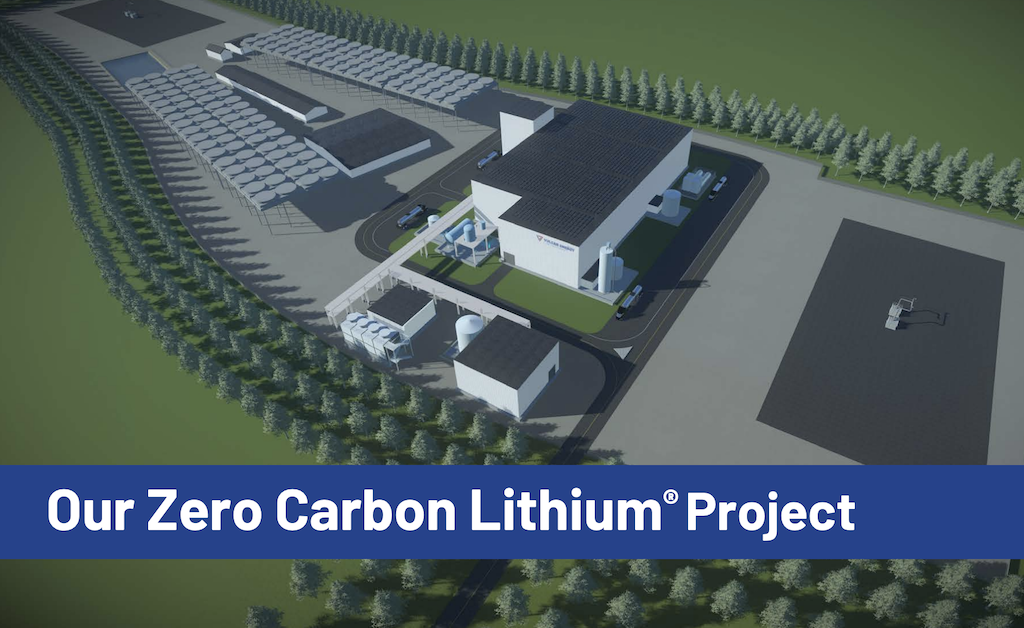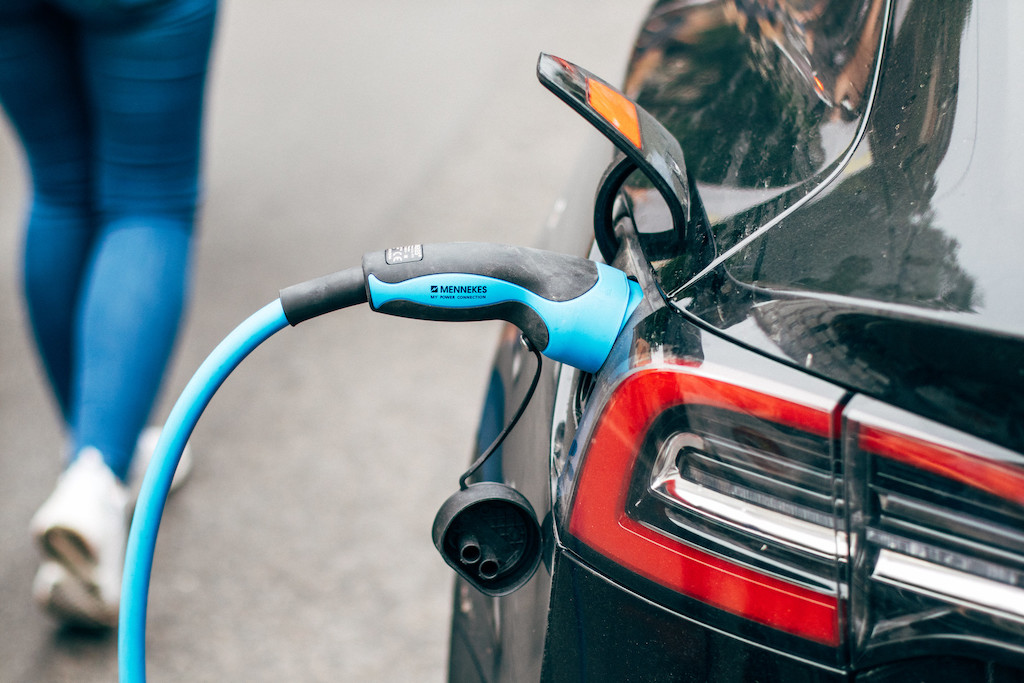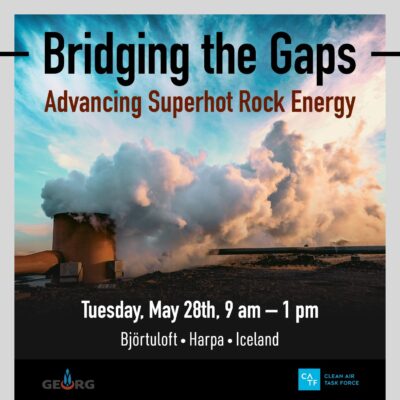Geothermal Lithium – white gold for Germany’s car industry?
Increased demand for electric cards, pushes demand and speculation on green lithium from geothermal brine in the Upper Rhine region in Germany.
Various articles covered the great opportunities presented by lithium from geothermal brine with a strong emphasis on the strategic value for the different countries/ regions.
An article in Reuters from late April 2021 looks how the “white gold” can power Germany’s green e-car race. With a strong car industry and a rising demand from the increasingly electric car emphasis of Germany’s car industry, there is a strong drive to bring lithium from geothermal brine below the river Rhine in the Upper-Rhine Valley, bordering Germany and France. Geologists, so the article, estimate that the region holds sufficient lithium for more than 400 million electric cars making it one of the world’s biggest deposits.
The strategic value of securing lithium supply is clear, as the German car industry today depends on imported lithium which is in great demand by other car producing nations as well. So while there are discussions between developers of lithium projects, such as Vulcan Energy Resources or EnBW, there are skeptics both on the economics but also on the likely local opposition to development.
Both players expect that they can deliver carbon-neutral lithium. Contrary to EnBW, Vulcan would still have to build geothermal operations to be able to tap geothermal brine for the new “white gold”. EnBW already has geothermal power plants and explores lithium as a profitable by-product.

Vulcan expects to be able to extract around 15,000 tonnes of lithium hydroxide per year at two sites already by 2024 with a target of 40,000 tonnes per year at three additional sites.
The economics for lithium extraction are though still a bit complicated commercially. There is a delay in development of projects and there are certain supply bottlenecks. With an increased drive towards electric cars, and corresponding production of cars, the demand is now outstripping supply with the result of soaring prices. Expectations are of a price of up to $13,000 per tonne by 2025.
The European Union, the United States and other countries are seeing the strategic value and importance of securing supply of lithium and therefore the market can be described as rather hot.
What makes lithium from geothermal brine attractive is not only an easier approach to extract it, but also the green credentials as it could be a by-product by geothermal operations, or utilise geothermal power for the extraction with Direct Lithium Extraction (DLE) technology. The power production could also mean additional sales helping to offset cost of lithium production helping to offer lower cost lithium.

EnBW sees its extraction potential from its Bruchsal geothermal operations at 900 tonnes of Lithium. A prototype unit is to produce lithium by the end of the year. The feasibility will then be determined by 2024.
The German car industry is clearly interested, but is cautiously monitoring the global lithium market. The domestic demand is expected to rise to 9,000 tonnes per year with up to 32,000 tonnes per year in a scenario with high electrification of the mobility sector. The import in 2020 to Germany was about 5,300 tonnes.
Source: Reuters


















